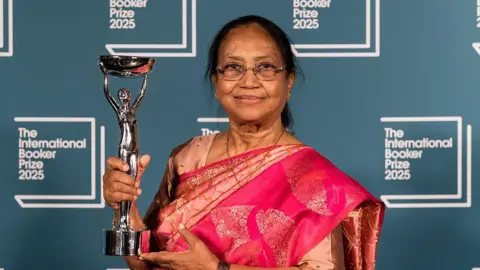Italian luxury brand Prada has found itself at the center of a storm after the unveiling of its new footwear line during Milan Fashion Week. The sandals, featuring a braided open-toe design, closely mirror the traditional Kolhapuri sandals native to the Indian states of Maharashtra and Karnataka. The initial presentation of the footwear did not mention its Indian roots, which led to widespread accusations of cultural appropriation.
In response to the controversy, Prada issued a statement acknowledging the sandals' inspiration drawn from Indian craftsmanship. The brand expressed its commitment to celebrating heritage and design traditions, clarifying its ongoing discussions with the Maharashtra Chamber of Commerce, Industry & Agriculture. The association had previously voiced concerns about the commercial exploitation of the traditional design without proper recognition of the artisans who have maintained this craft for centuries.
Prada's Corporate Social Responsibility head, Lorenzo Bertelli, emphasized that the sandals were still in the early design phases and expressed openness for meaningful dialogue with local artisans. Kolhapuri sandals, which originated as far back as the 12th century, are known for their durability and comfort, making them popular in India’s warm climate. In 2019, these sandals were granted Geographical Indication (GI) status by the Indian government, indicating their cultural significance.
The backlash was fueled by sentiments from local artisans, who expressed disappointment in Prada’s actions. Prabha Satpute, a Kolhapuri artisan, remarked that such designs should honor their origins. Local industrialist Harsh Goenka criticized the disparity in earnings between the artisans, who earn modestly, and luxury brands' pricing strategies. He stressed the injustice of global companies profiting from Indian cultural heritage.
Cultural appropriation in fashion is not a new phenomenon, with brands frequently being criticized for appropriating traditional products. Comparatively, in 2025, Gucci faced backlash over mislabeling a traditional sari worn by a Bollywood star, further underscoring the ongoing tension between cultural appreciation and appropriation.
However, not all responses have been negative, as some artisans stated that this exposure could foster a sense of pride in their work. Dileep More, a businessman from Kolhapur, remarked that it was heartening to see local craftsmanship receive international acknowledgment.
As the debate continues, Prada's situation reflects broader discussions on how global brands engage with indigenous cultures and the importance of respecting and acknowledging traditional artisans in a globalized fashion industry.


















